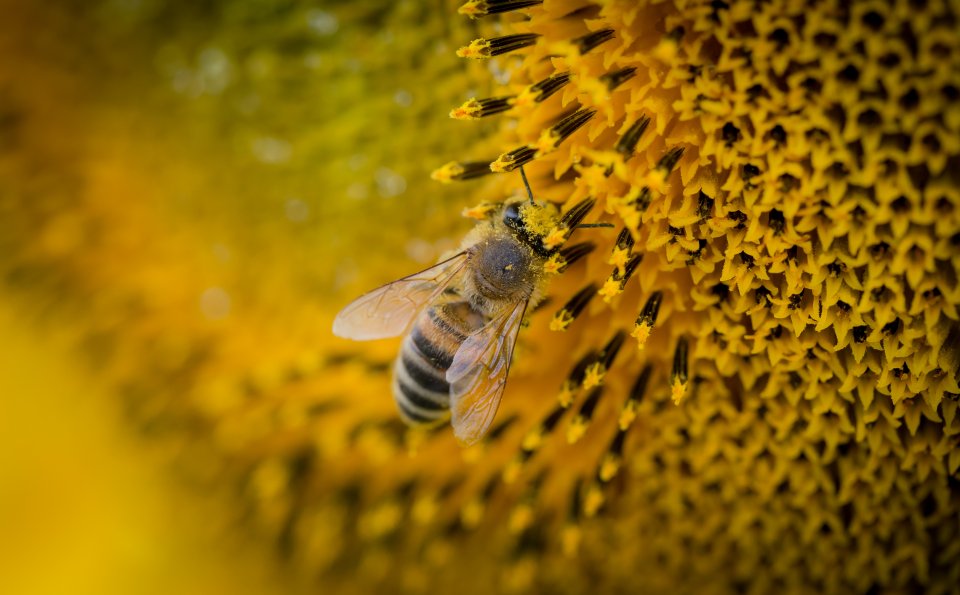
Andernach is a small city located around 45km south of Bonn, in the westerly Rheinland-Palatinate region of Germany. It has been transforming its public green spaces for more than a decade, when 101 different tomato varieties were planted in the city centre. Since then, it has explored moving from traditional to edible greenery, supporting biodiversity and developing innovative ways to reduce the cost of maintaining green spaces in their city. Vegetables, fruits, herbs and flowers have turned green spaces of the city into areas where citizens are invited to engage.
Create healthy bee communities and work to preserve the biodiversity. By tracking the beehives and thus gathering information about the bee communities and their behaviour, extreme weather events can be predicted.
The digital beehive has been developed by a diverse group of people including representatives of the University of Koblenz, a local business in Anderenach and a local beekeeping association. It has sensors that can measure the bee population, the amount of honey, humidity, air pressure and temperature in the hive.
- Developing climate change adaptation; improving risk management and resilience
- Reduce risk of damages from drought
- Developing climate change mitigation
- Restoring ecosystems and their functions
- Greater ecological connectivity across urban regenerated sites
- Increase achievements of biodiversity targets
- Increase Biodiversity
- Increased cultural richness and biodiversity
- Enhancing sustainable urbanisation
- Increase awareness of NBS solution & their effectiveness and co benefits
- Increase communities’ sense of ownership
- Increase stakeholder awareness & knowledge about NBS
- 4. Quality Education
- 5. Gender Equality
- 13. Climate Action
